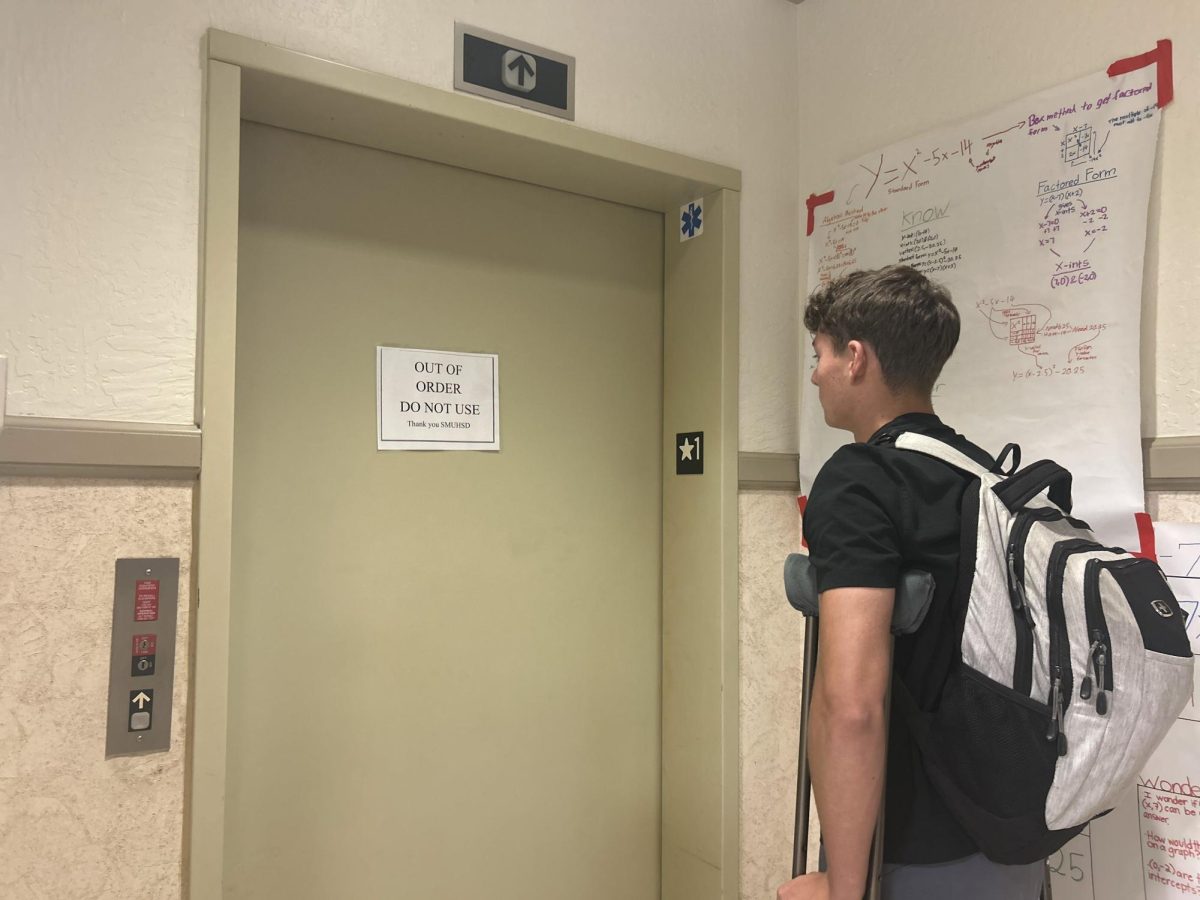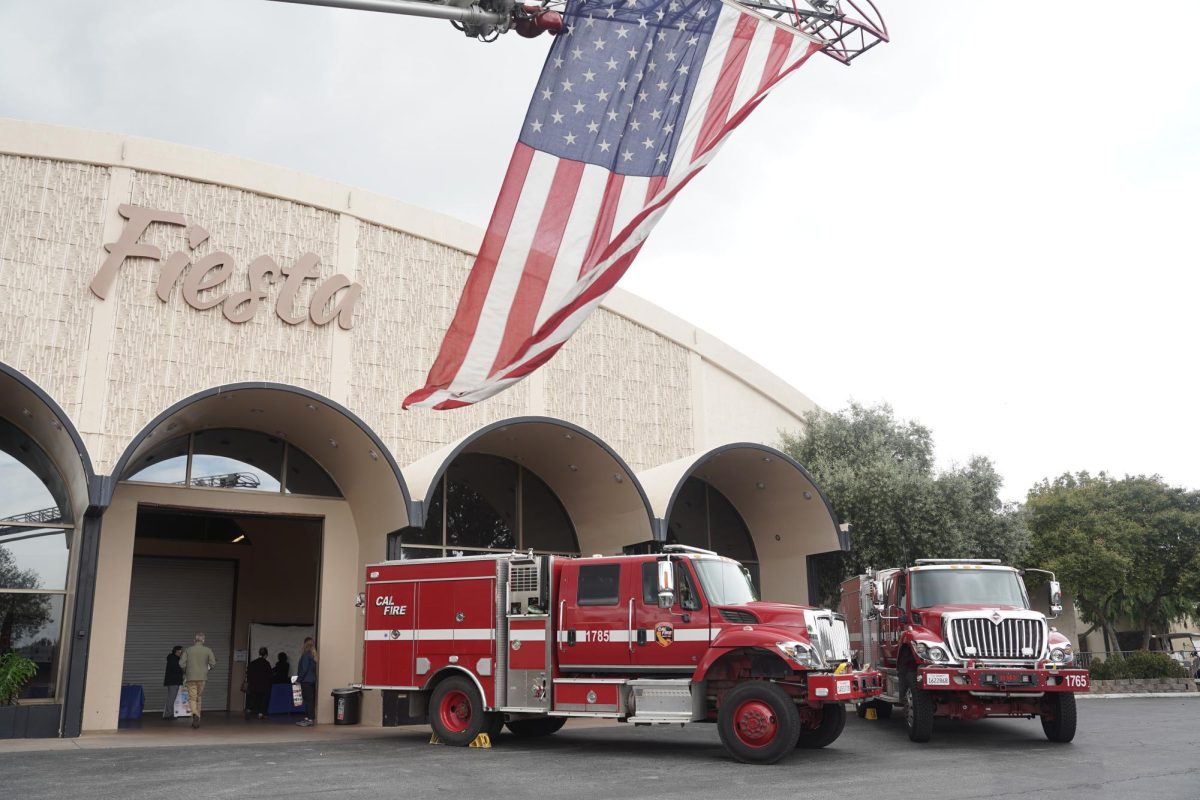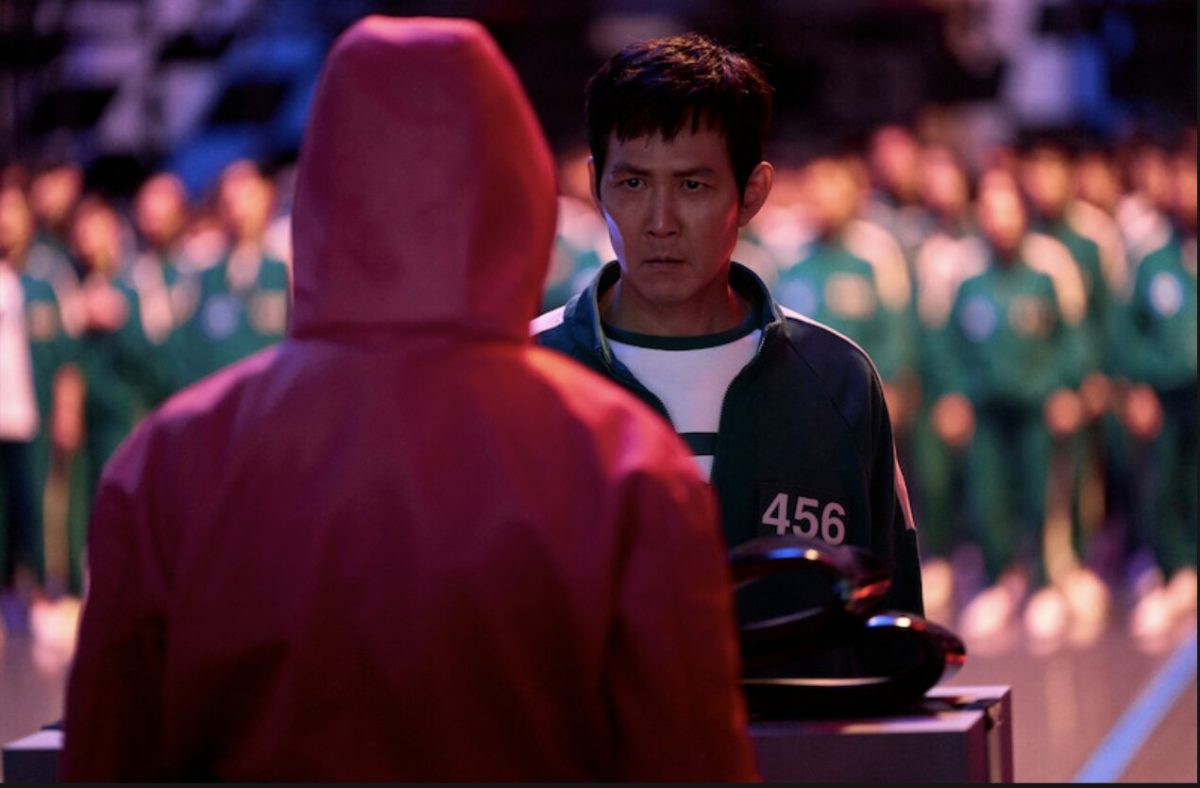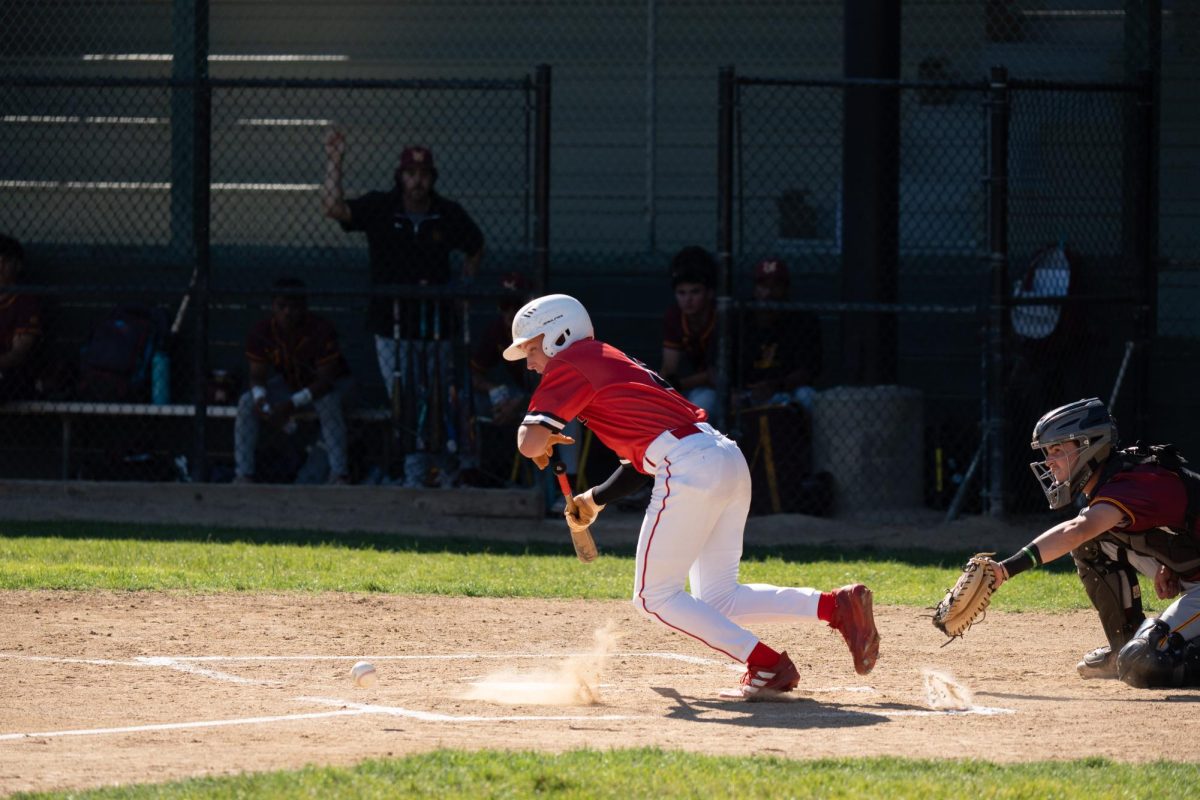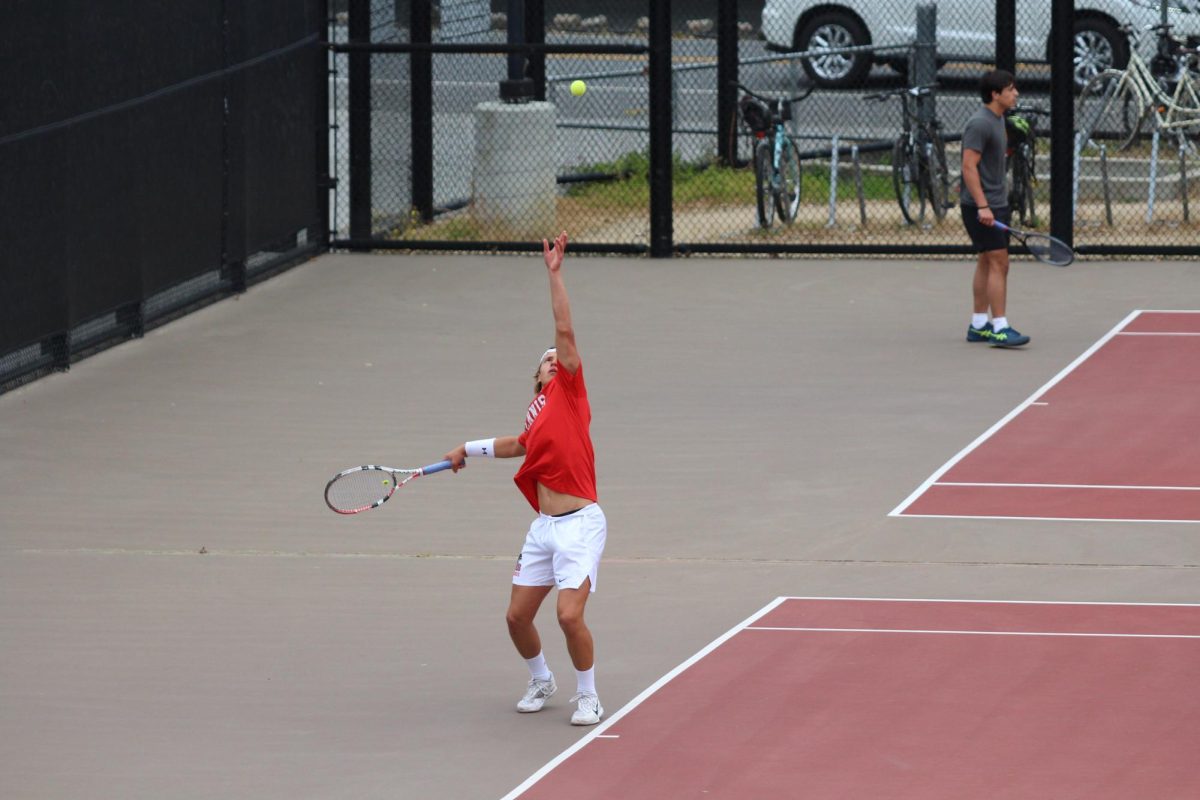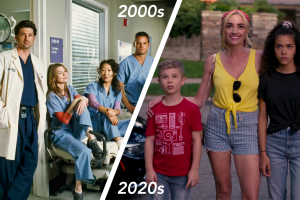The ongoing fight against climate change
December 12, 2016
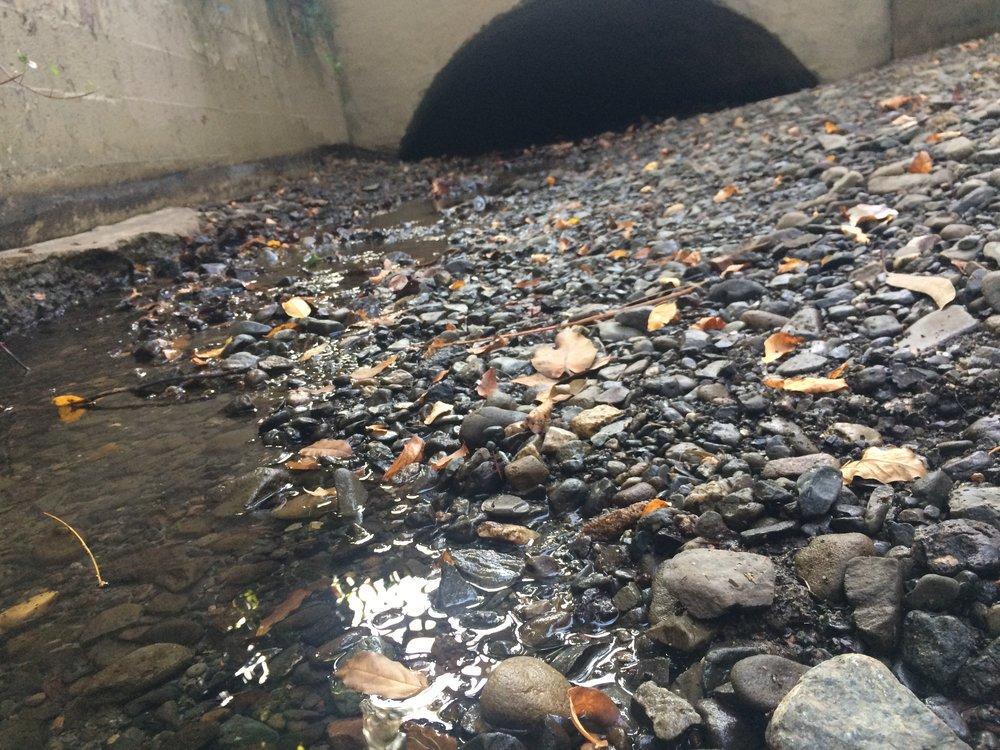 Reduced mountain runoff is just one of the domino issues being ignored by a majority of the general population.
Reduced mountain runoff is just one of the domino issues being ignored by a majority of the general population.
The myth that 97 percent of people believe that climate change exists has put the issue on the back burner, but rising temperatures, disappearing coastlines, and enduring droughts continue to put anthropogenic global warming at the top of United Nations agenda. Now that the president-elect has made it clear that he believes climate change is a hoax, there is even more reluctance to discuss the issue. After all, only 82 seconds were spent discussing climate change in the 2016 presidential debates, and Donald Trump vowed to scrap Barack Obama’s climate change policies.
Burlingame High School, situated within the progressive crosshairs of Silicon Valley and San Francisco, is genuinely concerned about effects of climate change, but many of students feel that their efforts in combatting climate change are inadequate.
“I recycle, I do my part, but I don’t feel like I’m making an impact,” junior Eli Haas said. “There aren’t many immediate effects, so it’s hard to be passionate about it.”
When asked what would have to happen for climate change to leap to the top of their list of priorities, the response was unanimous.
“Something really bad,” junior Nelly Hussary said. “I feel horrible saying it, but there would have to be a crisis because there are so many other things going on.”
According to Hussary, there are too many other issues, like terrorism and gun violence, on the American mind that overshadow the gradual effects of climate change. Her statement had manifested very obviously in the past, especially when Obama’s two-day visit at the Paris COP 21 Climate Conference was overshadowed by the terror attacks that devastated the city just a few weeks earlier.
In addition to the issue’s stagnation in the political world, some feel that the school is below standard when it comes to protecting planet Earth.
“We don’t even recycle… It’s really surprising how little we do,” junior Claire Lei said. She states that while many are taking basic measures to reduce their carbon footprint, BHS is discouraging efforts by not explicitly encouraging action.
Senior Sloan Cimmet echoed this sentiment saying “climate change has to play a bigger role in politics and our country’s leaders must reflect our concerns for our planet. Although BHS has done a lot to counteract climate change, I believe we could do more, such as implement a better recycling program and reduce our carbon footprint.”
Like students, Burlingame educators take basic steps against climate change, such as recycling and reusing certain products.
AP biology teacher Michael Dunn has been “consuming less meat, consuming locally produced foods and products, watering my yard less, buying energy star appliances, and insulating my home more effectively.”
Fellow biology teacher Heather Johnson has made similar choices, and also drives “a super hip Prius.” She said that there are no limits to action against climate change, and suggested that the school adopt mitigation strategies such as “planting native flowers for pollinators, decreasing paved surfaces, getting rid of grass, turning off lights and unplugging computers/electronics when they’re not in use.”
“Purchasing recycled paper and supporting companies who have an interest in mitigating climate change through mindful school-wide purchases” would also have a positive impact, according to Johnson.
Dunn acknowledged that Burlingame efforts are “just a drop in the bucket,” but coming together as a community to improve public transit and promote alternative energy sources will result in tremendous changes. These efforts are necessary for enacting national change, especially concerning “pitched battles in the Dakotas, with the police and private security attacking peaceful Native American protesters with rubber bullets and dogs, over a pipeline to pump tar sand oil from Canada to the Gulf of Mexico.”
While many students feel that individual efforts to counteract climate change or lessen the effects of the California drought have been futile, the Californian awareness of environmental issues persists in school events like the Go Green spirit week from November 14th to 18th. Organized by Environmental Commissioner Renata Servulo, the purpose of the spirit week was primarily to raise awareness about environmental issues around the Bay Area and campus.
Servulo, a senior who believes the environmentally conscious Bay Area is accustomed to making strides against climate change, says that students still need a reminder to clean up their trash and become more aware of the worsening effects of rising temperatures.
“It’s definitely up there on my priorities list,” she said, admitting that there are many other important issues taking up her attention. “It’s not my top priority, but it’s incredibly important. If we ignore this now, our futures will be in jeopardy.”
Setbacks in the struggle for the environmental fight have been discouraging, but Burlingame High will not stop now.



